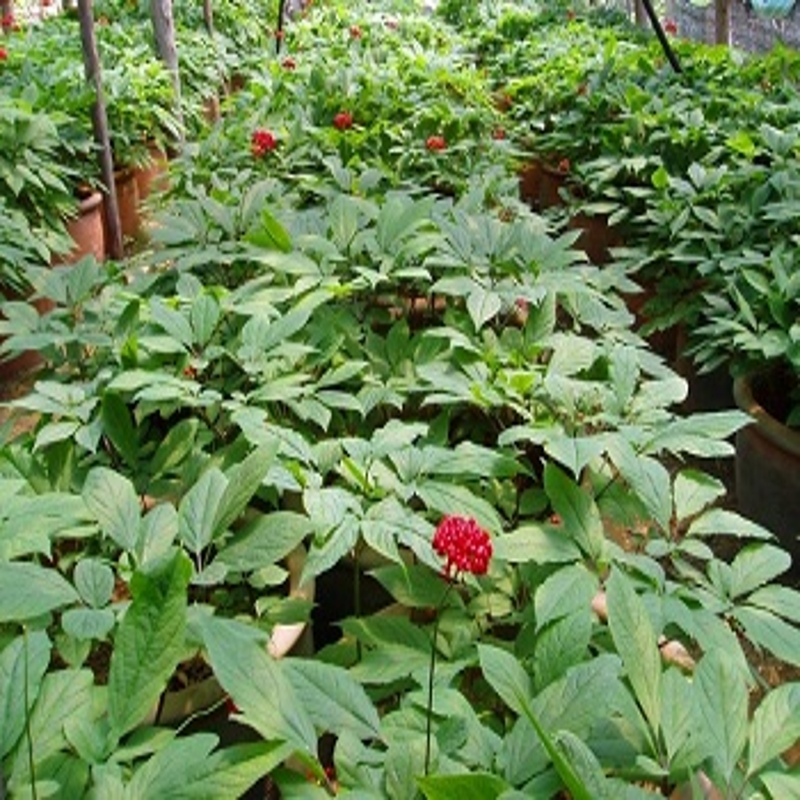-
Categories
-
Pharmaceutical Intermediates
-
Active Pharmaceutical Ingredients
-
Food Additives
- Industrial Coatings
- Agrochemicals
- Dyes and Pigments
- Surfactant
- Flavors and Fragrances
- Chemical Reagents
- Catalyst and Auxiliary
- Natural Products
- Inorganic Chemistry
-
Organic Chemistry
-
Biochemical Engineering
- Analytical Chemistry
-
Cosmetic Ingredient
- Water Treatment Chemical
-
Pharmaceutical Intermediates
Promotion
ECHEMI Mall
Wholesale
Weekly Price
Exhibition
News
-
Trade Service
Replication of the genome of positive-strand RNA plant viruses takes place in membrane-bound complexes that contain viral replicase proteins, viral RNA, and host proteins. Many viral replicase proteins play a crucial role in the assembly of replication complexes at intracellular membranes. They are integral membrane proteins that interact directly with the membranes and bring other proteins and the viral RNA to the complex via protein—protein or protein—RNA interactions. In this chapter, we describe subcellular fractionation methods that determine whether viral proteins are integral membrane proteins
in planta
. Differential centrifugation techniques are used to produce membrane-enriched fractions, which can then be analyzed for the presence of viral replicase proteins by immunoblotting. Confirmation of the membrane-association is obtained by membrane flotation assays and treatment of membrane-enriched fractions with high salt or high pH followed by detection of the viral proteins. Because many plant viruses replicate in association with the endoplasmic reticulum (ER), we also discuss two techniques to specifically analyze the interaction of viral proteins with these membranes. These techniques are continuous sucrose-gradient fractionation in the presence or absence of 3 mM Mg
2+
and glycosylation assays.






